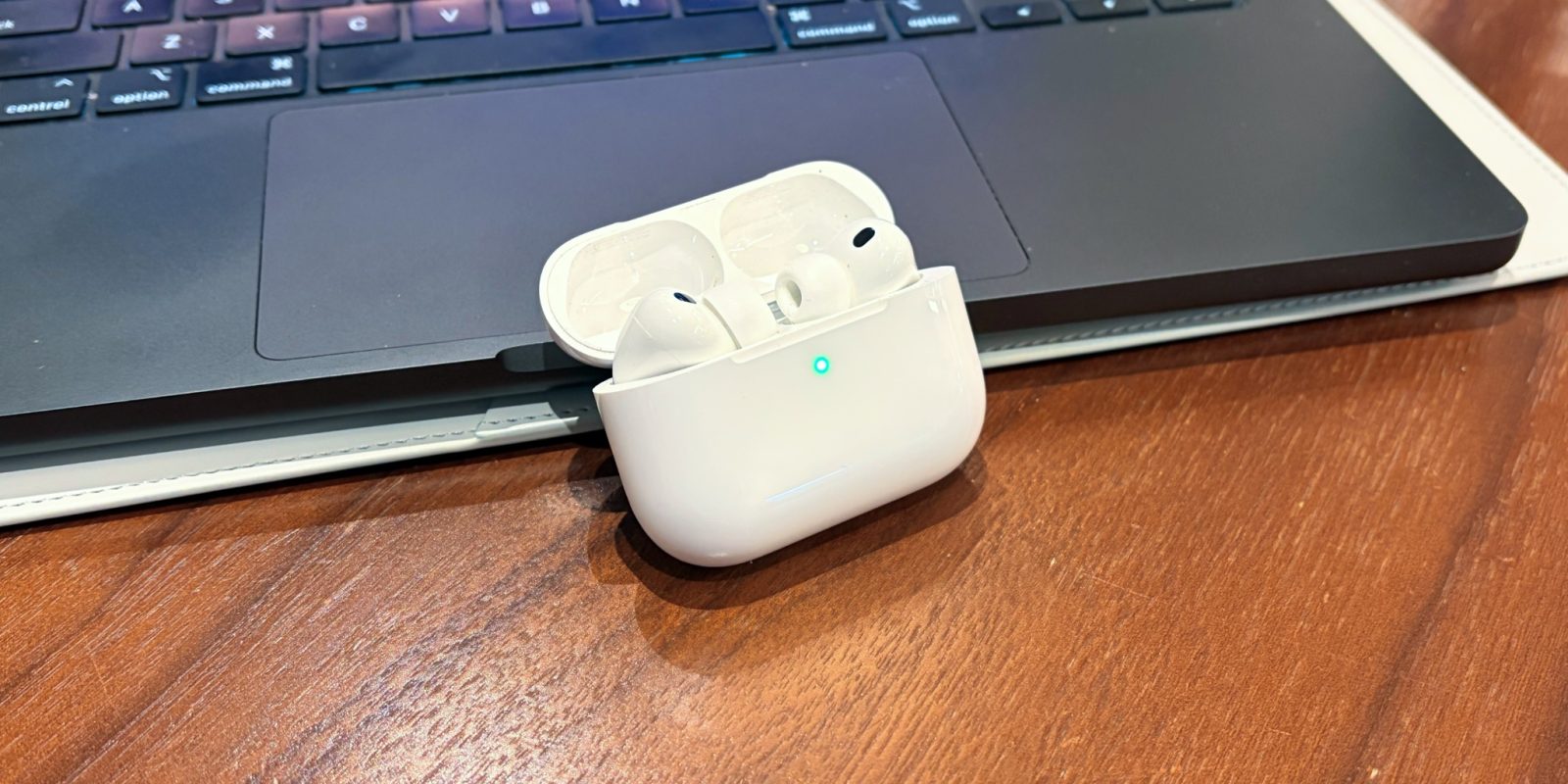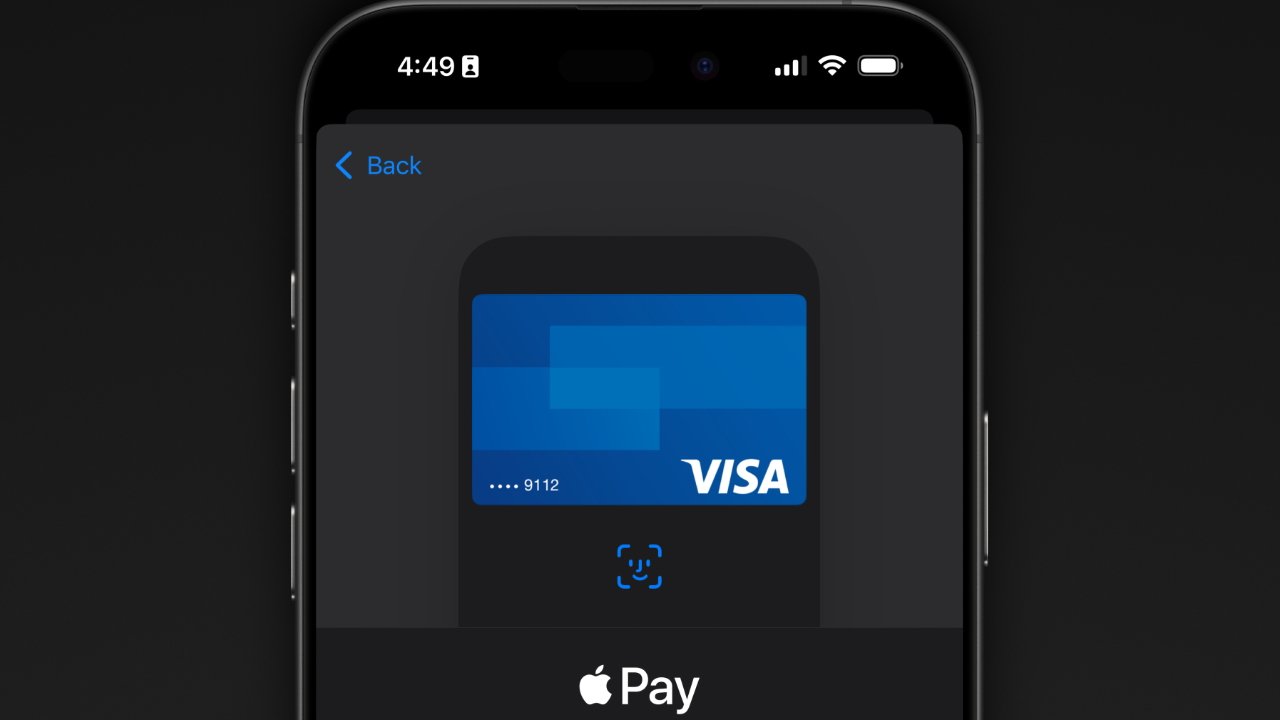In a significant advancement in web technology, Opera has unveiled Neon, an innovative AI-powered browser designed to transform user interaction with the internet. This launch marks a pivotal shift from traditional browsing to a more dynamic, agentic experience, where the browser actively assists users in accomplishing tasks and automating workflows.
A New Era of Agentic Browsing
Opera’s Neon is engineered to comprehend user intent and execute tasks autonomously, moving beyond the passive role of conventional browsers. This development aligns with the industry’s trend towards integrating AI to enhance productivity and user engagement. Competitors like Perplexity AI’s Comet and The Browser Company’s Arc have also introduced AI-driven browsers, indicating a collective move towards more interactive web experiences.
Key Features of Opera Neon
Neon introduces several groundbreaking features aimed at streamlining online activities:
1. Neon Do: This feature enables the browser to autonomously navigate web pages and perform tasks such as form filling, data comparison across sites, and code drafting. Notably, these actions are executed locally within the browser, ensuring user privacy by eliminating the need for cloud-based processing.
2. Tasks and Cards: ‘Tasks’ create dedicated workspaces where the AI can analyze multiple sources simultaneously, facilitating complex workflows. ‘Cards’ are reusable prompt templates that automate repetitive actions, enhancing efficiency and consistency in user tasks.
3. Chat Functionality: Neon incorporates a native AI agent that allows users to engage in conversational searches, obtain reliable answers, and receive contextual information about the web pages they visit. This feature aims to provide a more intuitive and interactive browsing experience.
Privacy and Security at the Forefront
Opera emphasizes Neon’s privacy-centric design, with all AI operations conducted locally on the user’s device. This approach not only enhances security but also appeals to privacy-conscious users, particularly in regions with stringent data protection regulations. By processing tasks on-device, Neon minimizes data exposure and aligns with growing concerns over online privacy.
Subscription Model and Availability
Targeting power users seeking advanced browsing capabilities, Opera has introduced Neon as a subscription-based service. Early access is available starting today, with a broader rollout anticipated in the coming months. This model reflects a strategic move to offer premium features to users willing to invest in enhanced functionality and support.
Opera’s Strategic Positioning
Founded in 1995 and headquartered in Oslo, Norway, Opera has a longstanding history of innovation in web browsing. With over 300 million active users across desktop and mobile platforms, the company has consistently pushed the boundaries of browser capabilities. The introduction of Neon underscores Opera’s commitment to leading the evolution of web interaction through AI integration.
Industry Context and Future Outlook
The launch of Neon occurs amidst a competitive landscape where technology firms are racing to redefine the browser’s role. Companies like OpenAI are reportedly developing AI-integrated browsers, signaling a broader industry shift towards more intelligent and autonomous web navigation tools. Opera’s proactive approach with Neon positions it as a formidable player in this emerging market.
Conclusion
Opera’s release of Neon represents a significant leap forward in the integration of AI within web browsers. By offering features that understand and act upon user intent, Neon aims to transform the browsing experience from passive navigation to active collaboration. As the digital landscape continues to evolve, Opera’s Neon sets a new standard for what users can expect from their browsers, blending functionality, privacy, and innovation into a cohesive platform.



